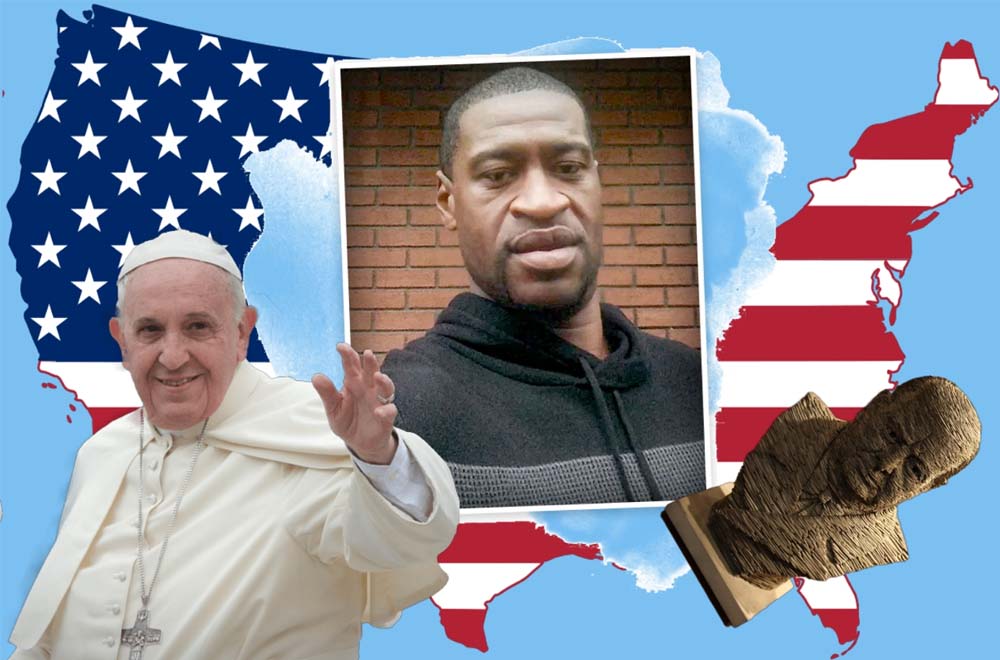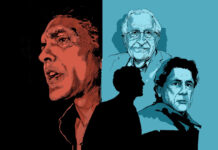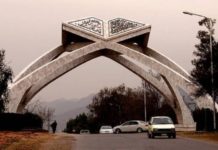Why is the World at a Precipice? How to Deal with it?
Hear EACPE’s senior board members respond
2- Adam Hochschild and Arlie Hochschild — EXCLUSIVE for EACPE
Noam Chomsky does his usual incisive job of summing up the environmental, economic, and political crises facing us. Indeed, when you look around the world and see rising sea levels, methane escaping into the atmosphere from hundreds of fracking sites, vast areas of land tainted by radiation, oceans full of microplastics, it’s enough to make you think that almost any other species of mammal would have done a far better job of taking care of this planet. And they certainly would not have ended up with such a vast gap between the haves and have-nots.
Nonetheless, we do see some reason for cautious hope. There are countries with electorates and leadership who respect science, and we can see the results, as Noam notes, in their effective response to the coronavirus pandemic. An institution more powerful than many countries, the Catholic Church, has in Pope Francis its most enlightened leader in centuries, a powerful voice for both science and social justice. And even in countries whose leaders who seem to have come out of the Dark Ages, many cities, states, provinces are moving in a more positive direction.
We take hope from seeing the astonishing way in which the brutal killing of George Floyd has reverberated, not just in the United States, but around the world.
In the United States, for instance, President Trump and his team of shameless denialists have expunged all reference to climate change from government websites. But in California, where we live (one of the world’s six largest economies), roughly half the electricity we generate now comes from non-carbon sources even as the state’s GDP and population have grown faster than that the US as a whole. That number is mandated to be 100% by 2045—a date by no means soon enough, but the state is running ahead of its targets. Six other American states are already ahead of us. We hear a lot about the inadequacy of the Paris agreement on climate action; we don’t hear enough about groups like the Under2 Coalition: more than 220 national, state, and regional governments, representing 43% of the global economy, who have signed on to goals that far exceed the Paris ones.
The same thing exists in other spheres. For example, much of Eastern Europe is under right-wing nationalist governments. But there, as in much of the world, people who live in cities tend to be more open-minded. The mayors of four of the region’s biggest cities—Warsaw, Budapest, Bratislava, and Prague—have recently banded together in a new coalition to support each other in pursuing a very different kind of society than the one envisioned by their national leaders.
Despite several environmental, health, economic, and political crises there’s still some reason for cautious hope for a better world.
Finally, we take hope from seeing the astonishing way in which the brutal killing of George Floyd, captured on video in a manner that never happened with the thousands of lynchings that scar American history, has reverberated, not just in the United States, but around the world. It has forced tens of millions of people to confront racism in a way that has never happened before. Demonstrations have taken place in every American state. Donald Trump’s angry and arrogant response has even more thoroughly exposed him for the racist we always knew he was. And, across the globe, the killing has made people everywhere question the depth of racism and discrimination in their own societies. Dozens of statues, symbols of racism, colonialism, slavery, have toppled in several countries. We cannot remember people around the world being so stirred by the echoes of a single event like this since the reverberations from the American civil rights movement in the 1960s—when, also, it took deaths, far too many of them, to bring about significant changes. There is hope for us in the compassion and goodwill this terrible event has brought forth, on every continent.
About the Authors
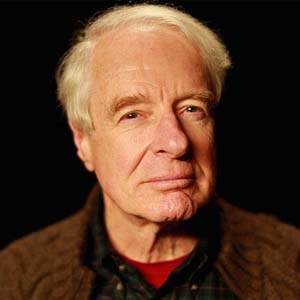 With nine books in his credit, Adam Hochschild is an American author, journalist, and lecturer. Much of his writing has been about issues of human rights and social justice. He has written for the New Yorker, Harper’s Magazine, The Atlantic, Granta, the Times Literary Supplement, the New York Review of Books, the New York Times Magazine, The Nation and other publications. He was also a commentator on National Public Radio’s All Things Considered. In 2012, Hochschild was given an award for his work by the American Academy of Arts and Letters.
With nine books in his credit, Adam Hochschild is an American author, journalist, and lecturer. Much of his writing has been about issues of human rights and social justice. He has written for the New Yorker, Harper’s Magazine, The Atlantic, Granta, the Times Literary Supplement, the New York Review of Books, the New York Times Magazine, The Nation and other publications. He was also a commentator on National Public Radio’s All Things Considered. In 2012, Hochschild was given an award for his work by the American Academy of Arts and Letters.
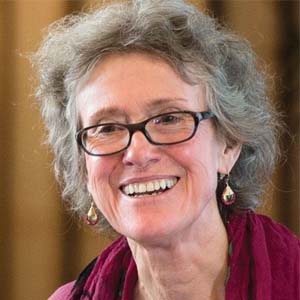 Arlie Russell Hochschild is an American sociologist and academic. She has authored nine books, including New York Times Bestseller Strangers In Their Own Land: Anger and Mourning on the American Right. Her writings focus on the human emotions which underlie moral beliefs, practices, and social life generally. She is the winner of the Ulysses Medal as well as Guggenheim, Fulbright and Mellon fellowships, and recipient of three awards by the American Sociological Association. Currently, she is professor emerita of sociology at the University of California, Berkeley.
Arlie Russell Hochschild is an American sociologist and academic. She has authored nine books, including New York Times Bestseller Strangers In Their Own Land: Anger and Mourning on the American Right. Her writings focus on the human emotions which underlie moral beliefs, practices, and social life generally. She is the winner of the Ulysses Medal as well as Guggenheim, Fulbright and Mellon fellowships, and recipient of three awards by the American Sociological Association. Currently, she is professor emerita of sociology at the University of California, Berkeley.


